Every journalist who plans to go to the front-line regions, where there is a risk of becoming a target for the enemy, should first of all take care of their own safety. In particular, they should make sure they take a bulletproof vest with a PRESS sticker. The vest must be made with certified plates of protection class 4. Besides, they also need a helmet and a first-aid kit in order to provide medical assistance if necessary. Media workers can contact the Journalists’ Solidarity Centers (JSC) of the National Union of Journalists of Ukraine (NUJU) Journalist Solidarity Centers and get free protective equipment.
The team of the Lviv TV channel, Pravda Tut, visited the unified West Ukrainian JSC of the NUJU in Lviv and took protective equipment before their previous business trip. The film crew has already returned to Lviv and shared their impressions. Channel cameraman Viktor Sembratovych told the details of the trip.
Journalists performed their duties to show the work of a Danish organization that conducts training for socially active citizens in the front-line regions of the Zaporizhzhia Region. It is also a sex education training for teenagers who have remained near the war zone. Viktor Sembratovych noted that team members take equipment for each trip.
He said that they visited the village as if in the middle of a field, but there were also people left there. Viktor assures that almost no fear remains after talking with citizens who are already used to the situation:
“A sense of danger, some kind of anxiety, they mostly appear before the trip. You think about something, analyze, and model some variants of events. And as soon as you get there, you see that the local population has basically already adapted to this danger, they don’t react in any way, and you subconsciously switch gears. The danger line is being erased,” says Viktor.
Cameraman Pravda Tut assured that two weeks of travel seem much longer and feel like a month. After that, you need to go through a period of adaptation and return to your everyday life. Then, new topics appear. People, despite everything, strive to restore what was destroyed and inspire journalists to return to show the world more.
Viktor Sembratovych notes that the surrounding landscapes are always impressive. He recalled that in the steppe zone, you could see fragments of russian missiles, and there were also many lonely dogs left behind by their owners.
“It is best to go as a team, work together, because then everyone is behind each other, no one will leave anyone behind. Everyone is relieved that you will not be alone. Sometimes humor saves because everyone understands the danger, and it’s easier to work together that way,” Viktor notes.
Locals motivate the media to do more and support the morale of the team. According to Viktor, citizens do not show their anxiety at all, which helps to switch subconsciously.
The team of the Pravda Tut channel took care of their safety in advance during the trip to the front-line regions. In case of need for protective equipment, media workers can contact the NUJU and get it free of charge.
Call the Western Ukrainian JSC Lviv-Chernivtsi at 097 907 9702 (Nataliya Voitovych, the Lviv JSC coordinator, Volodymyr Bober, an assistant). The Center’s address is 5 Solomiyi Krushelnytskoyi Street.
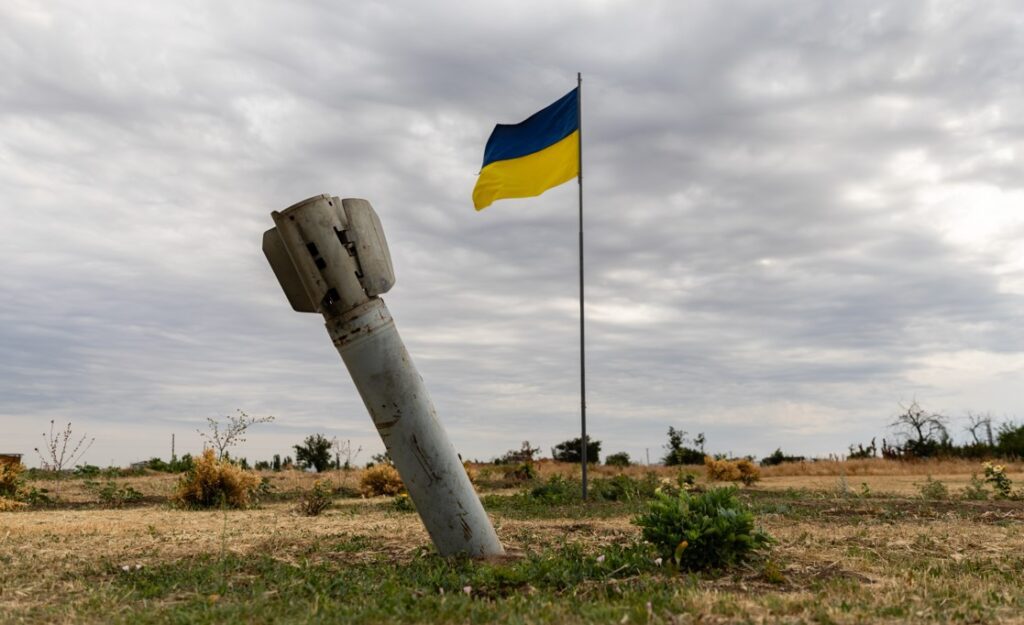
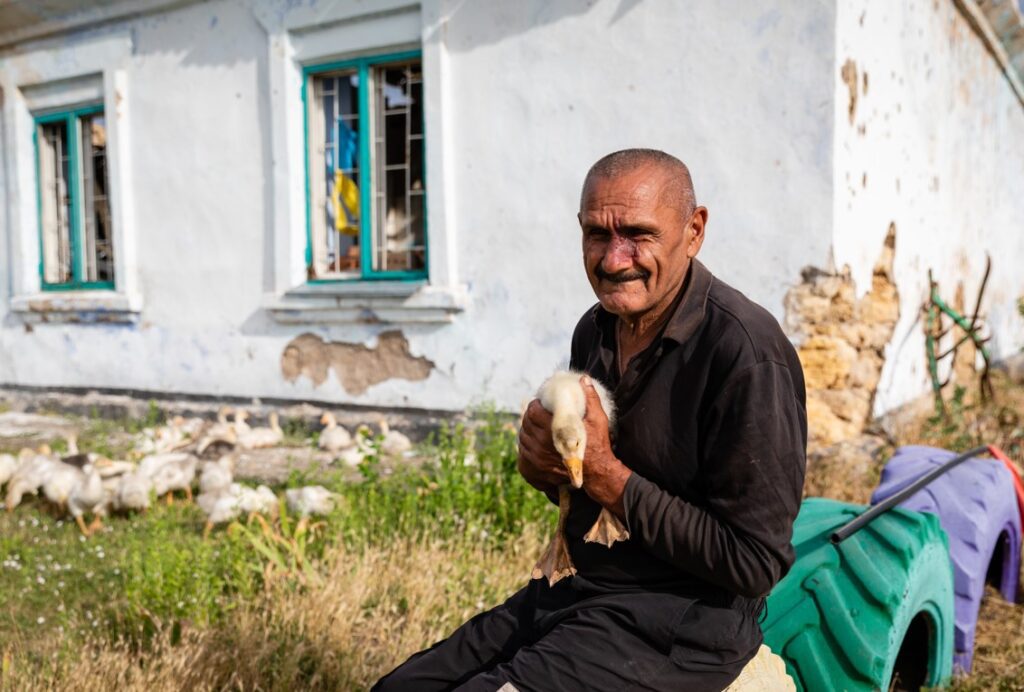
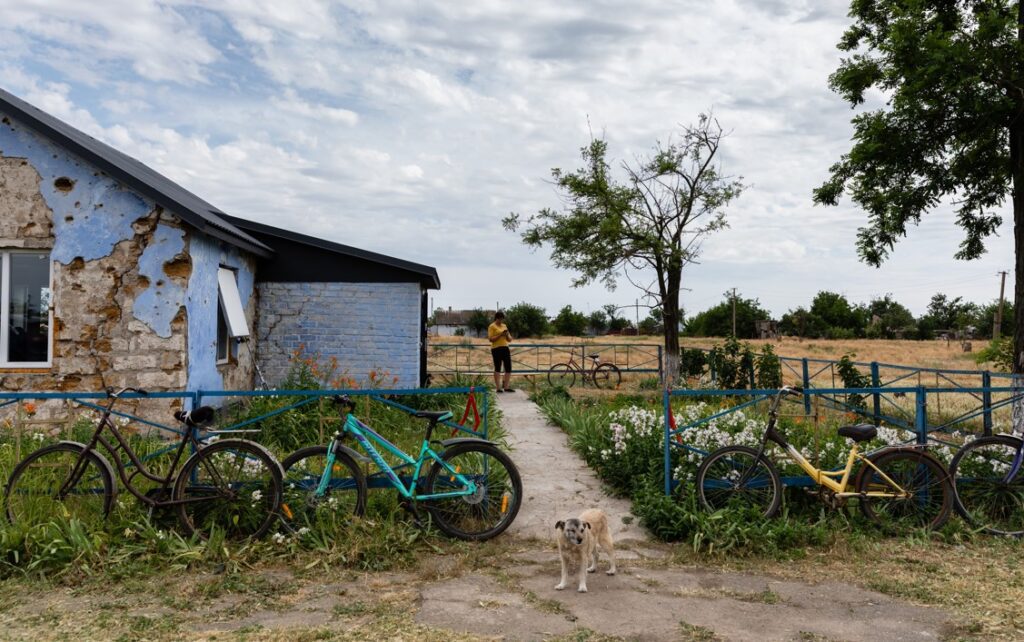
ABOUT JSC
The Journalists’ Solidarity Centers is an initiative of the NUJU implemented with the support of the International and European Federations of Journalists and UNESCO. The initiative is designated to help media representatives working in Ukraine during the war. The Centers operate in Kyiv, Lviv, Ivano-Frankivsk, Chernivtsi, Zaporizhzhia, and Dnipro and provide journalists with organizational, technical, legal, psychological, and other types of assistance.
ABOUT UNESCO
UNESCO is the United Nations Educational, Scientific, and Cultural Organization. It contributes to peace and security by promoting international cooperation in education, sciences, culture, communication, and information. UNESCO promotes knowledge sharing and the free flow of ideas to accelerate mutual understanding. It is the coordinator of the UN Action Plan on the Safety of Journalists and the Issue of Impunity, which aims to create a free and safe environment for journalists and media workers, thus strengthening peace, democracy, and sustainable development worldwide. UNESCO is working closely with its partner organizations in Ukraine to provide support to journalists on the ground.
The designations employed and the presentation of material throughout this digest do not imply the expression of any opinion whatsoever on the part of UNESCO concerning the legal status of any country, territory, city, or area or its authorities or concerning the delimitation of its frontiers or boundaries.
The authors are responsible for the choice and the presentation of the facts contained in this digest and for the opinions expressed therein, which are not necessarily those of UNESCO and do not commit to the organization.
Dariya Markova
Photo by Katia Moskaliuk

 THE NATIONAL UNION OF
JOURNALISTS OF UKRAINE
THE NATIONAL UNION OF
JOURNALISTS OF UKRAINE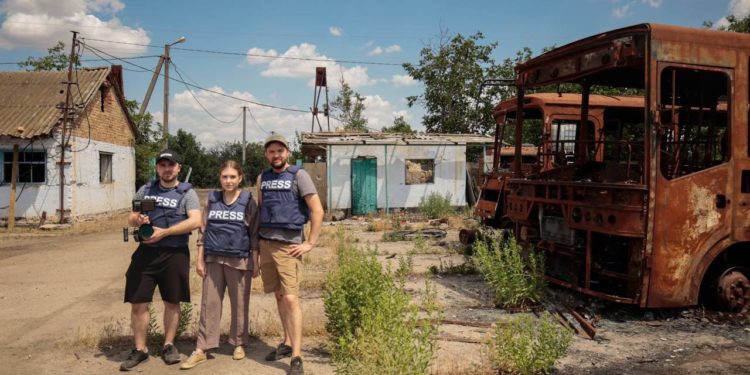
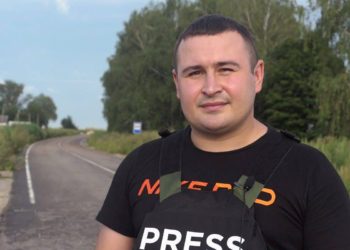
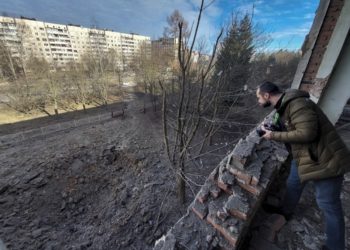
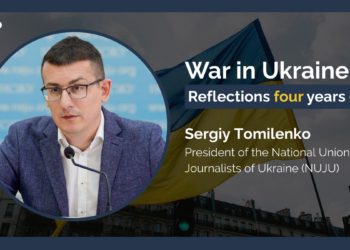













Discussion about this post